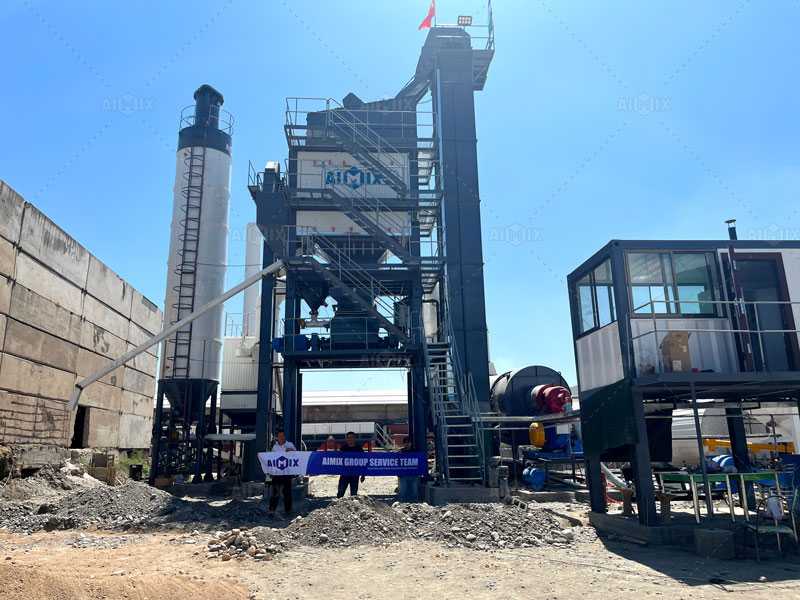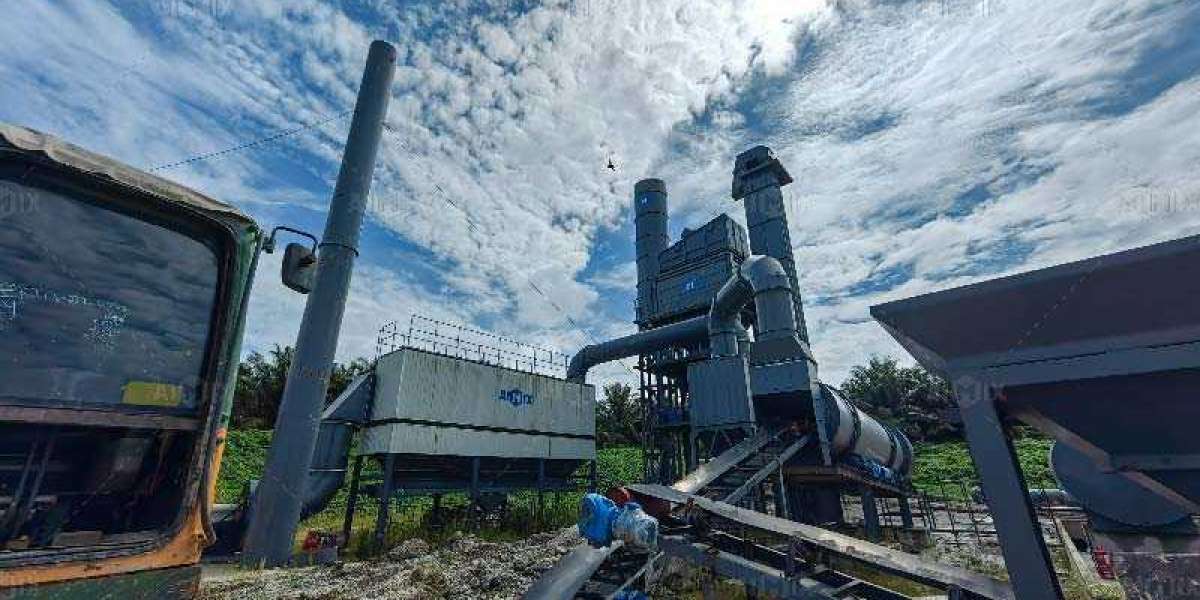Asphalt mixing plants are vital in road and bridge construction, producing the asphalt mixes required for highways, bridges, parking lots, and other surfaces subject to heavy traffic. Available in different configurations, these plants cater to diverse project needs. Choosing the right asphalt mixing plant(planta de pavimentos) involves understanding their types, advantages, and applications.

Categories of Asphalt Mixing Plants
1. Batching Plants vs. Continuous Plants
Batching Plants
Batching plants mix asphalt in specific batches, offering high precision and consistency. These plants are ideal for large-scale projects that require substantial quantities of asphalt with consistent quality.
- Advantages:
- Precise control over mix quality.
- Capable of handling large volumes efficiently.
- Perfect for projects with strict specifications, such as highways or airports.
- Disadvantages:
- Higher initial investment due to larger and more complex designs.
- Increased operational costs compared to continuous plants.
Continuous Plants (Drum Mixing Plants)
Continuous plants, also called drum mixing plants, produce asphalt in a seamless process. This type is better suited for smaller projects or when mobility is required.
- Advantages:
- Lower setup and operational costs.
- Compact, portable design suitable for remote or temporary projects.
- Disadvantages:
- Limited production capacity.
- Slightly less precise in mix quality compared to batching plants(plantas de asfalto discontinuas).
2. Stationary vs. Mobile Plants
Stationary Asphalt Mixing Plants
Stationary plants are fixed installations, typically used for projects that require high production volumes over extended periods.
- Applications:
- Long-term highway construction projects.
- Urban infrastructure development.
- Locations near aggregate supply sources.
Mobile or Portable Asphalt Mixing Plants
Mobile plants are modular and designed for easy relocation, making them ideal for projects requiring frequent movement between sites.
- Applications:
- Road construction in remote areas.
- Projects with smaller-scale requirements.
- Temporary contracts or maintenance projects.
Factors to Consider When Choosing an Asphalt Mixing Plant
1. Project Scale and Duration
- Large-scale projects often require stationary batching plants for their ability to produce vast quantities of high-quality asphalt.
- Smaller or temporary projects benefit from mobile continuous plants due to their flexibility and ease of transport.
2. Quality of Asphalt Mix
Batching plants are preferred for projects where mix consistency is critical, such as in road and bridge construction. Continuous plants can suffice for less demanding applications.
3. Cost Implications
- Initial Investment: Batching plants cost more upfront due to their size and complexity.
- Operating Costs: Continuous plants are more cost-efficient for smaller projects.
- Maintenance: Consider ease of maintenance and availability of spare parts when choosing a supplier.
4. Environmental Considerations
Modern asphalt plants are equipped with features like dust collectors and carbon filters to minimize environmental impact. Some also recycle materials, making them more eco-friendly.
5. Supplier Reliability
Selecting a reputable supplier ensures access to high-quality equipment, spare parts, and excellent after-sales support. This reduces downtime and operational challenges.
Applications in Road and Bridge Construction
In the road and bridge construction industry, asphalt mixing plants play a critical role in delivering quality materials for:
- Highway Paving: Stationary plants produce consistent mixes for long-lasting highways.
- Bridge Surfacing: Precision from batching plants ensures durability in load-bearing bridge decks.
- Remote Road Construction: Mobile plants enable efficient operations in hard-to-reach areas.
- Urban Projects: Compact mobile plants handle smaller jobs like parking lots and municipal roads.
Innovations in Asphalt Mixing Plants
Advancements in asphalt plant technology have revolutionized their efficiency and environmental impact:
- Resource Recycling: Modern plants can recycle old asphalt and reduce the need for new materials.
- Emission Controls: Enhanced filtration systems lower emissions, making plants more eco-friendly.
- Automation: Computerized controls streamline operations, improving productivity and consistency.
These innovations not only enhance plant performance but also contribute to sustainable road and bridge construction practices.
Conclusion
Asphalt mixing plants come in various configurations, each tailored to specific project requirements. Whether you need a stationary batching plant for large-scale, high-precision projects or a mobile continuous plant for smaller, flexible operations, understanding the key differences ensures a better investment.
In road and bridge construction, where durability and quality are paramount, selecting the right plant impacts project success. Consider factors like project scale, cost, and environmental impact to make an informed choice. Partnering with a trusted supplier ensures access to reliable equipment, superior support, and long-term value.







